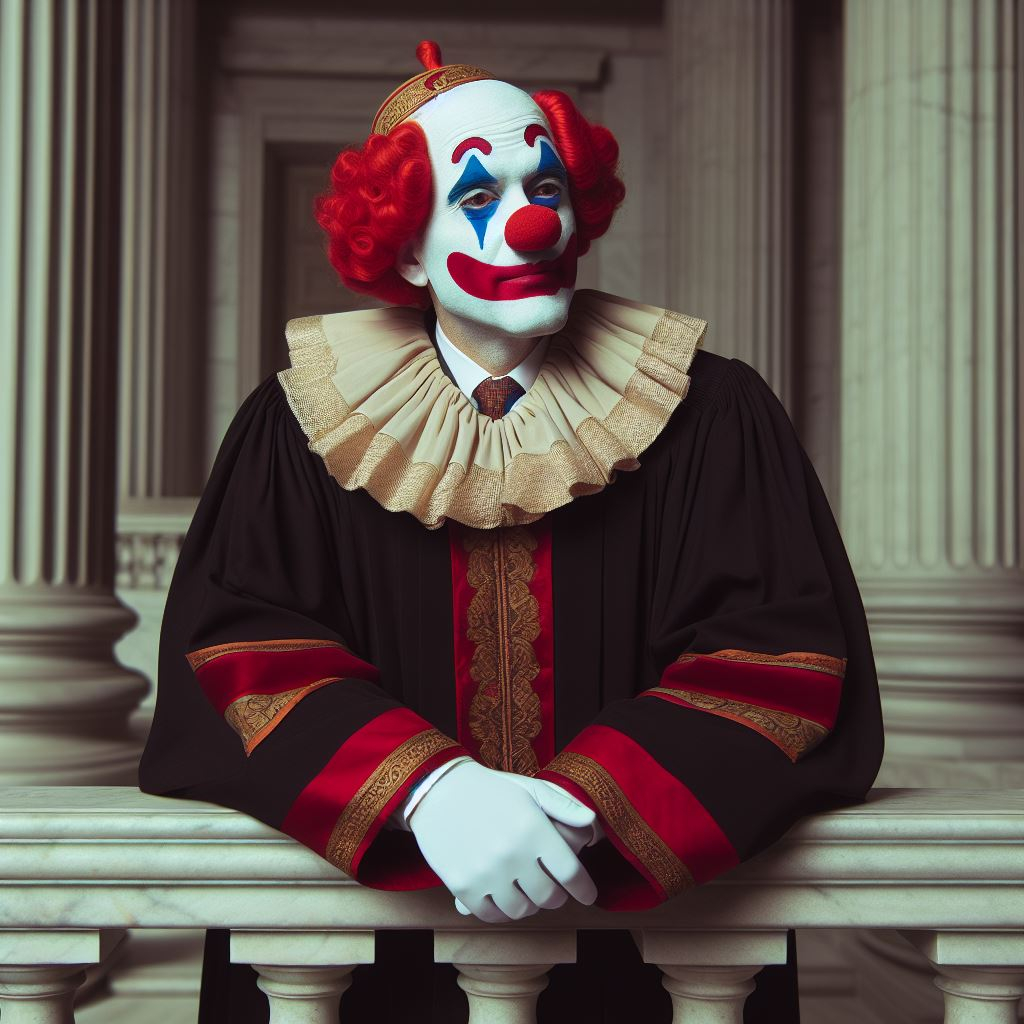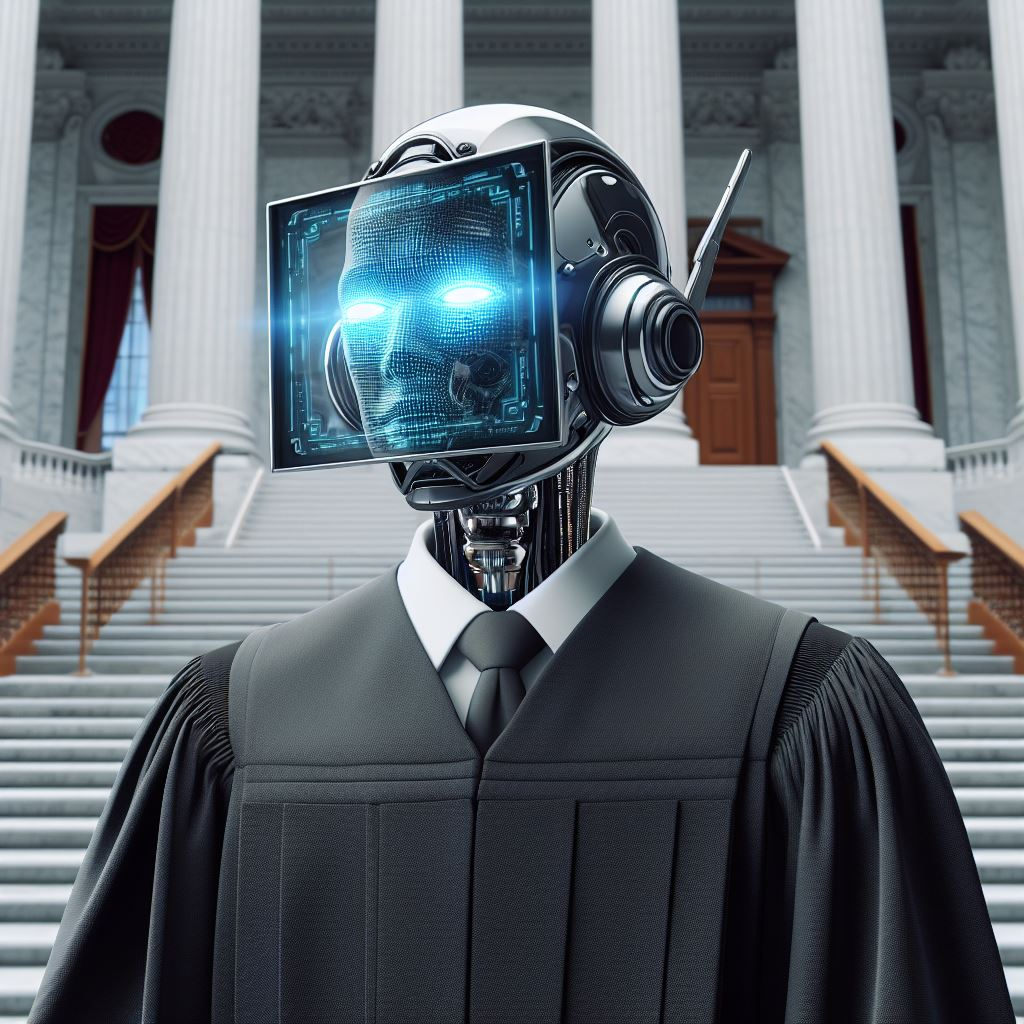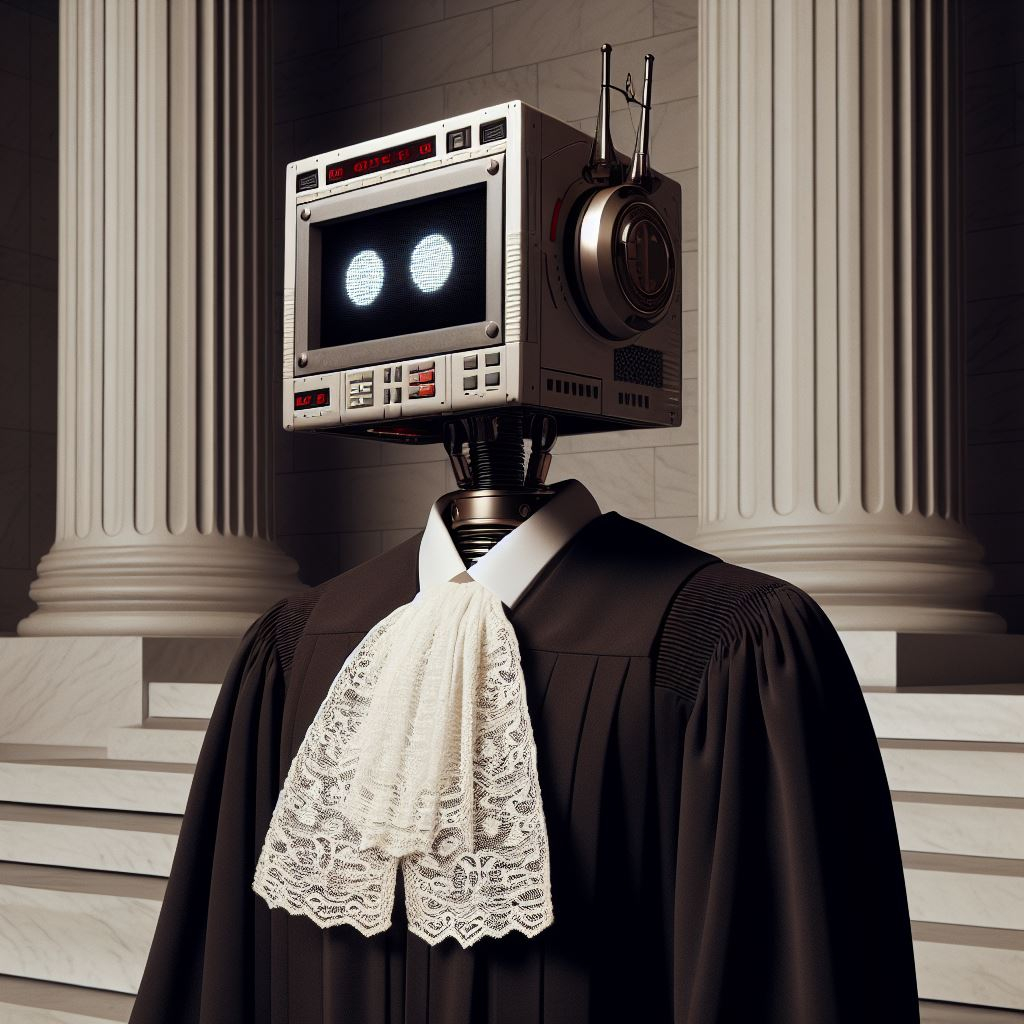Supreme Court of the United States of Free Cliffs
Exploring the United States of Free Cliffs Supreme Court
In the intricate tapestry of the United States of Free Cliffs (USFC) legal system, the Supreme Court stands as a pillar of constitutional protection and interpretation. As guardians of the nation's foundational document, the Supreme Court plays a vital role in safeguarding citizens' rights and ensuring the adherence to constitutional principles.

Defining the Supreme Court
At its core, the USFC Supreme Court is tasked with upholding the supremacy of the constitution. Comprising 13 judges, including 7 senior lifetime judges and 8 junior judges with limited terms, the Court is led by the Chief Justice, currently Justice Plannering. Notably, the Chief Justice may rotate among justices with permission from the Senate, further ensuring a balanced and representative judiciary.
The Supreme Court serves as a bastion of constitutional protection, empowered to strike down laws, executive decisions, or any actions that contravene the USFC Constitution. Additionally, the Court may interpret and clarify constitutional provisions, providing essential guidance on matters of legal interpretation and application.
One distinguishing feature of the Supreme Court is its accessibility to citizens. Cases can be brought before the Court by legislative members, executive offices, or through petitions representing 1% of the USFC population, ensuring that the judiciary remains accountable to the people.

Recent Cases and Their Implications
In recent years, the Supreme Court has presided over several significant cases that have shaped the legal landscape of USFC. One notable case, Revolton v. Builderschwartz, addressed the protection of minors from potentially harmful cultural traditions, resulting in a unanimous decision with controversial implications.
Another pivotal case, Conservative Unity Party v. United States of Free Cliffs, centered on the legality of restrictions on party spending in elections. The Court's ruling, favoring equality in elections, underscored the importance of constitutional principles in shaping public policy.

Current Composition and Dynamics
The Plannering Court, comprising Justice Plannering, Justice Chat, and Justice Barding, embodies a diverse spectrum of judicial perspectives. While Justice Plannering is known for his nuanced approach and occasional swing votes, Justice Chat leans towards literal interpretation, while Justice Barding brings a liberal and free interpretation to the bench.
As the nation navigates the intricacies of its legal system, the Supreme Court remains a beacon of justice and constitutional fidelity, ensuring that the principles enshrined in the USFC Constitution endure and thrive for generations to come.
